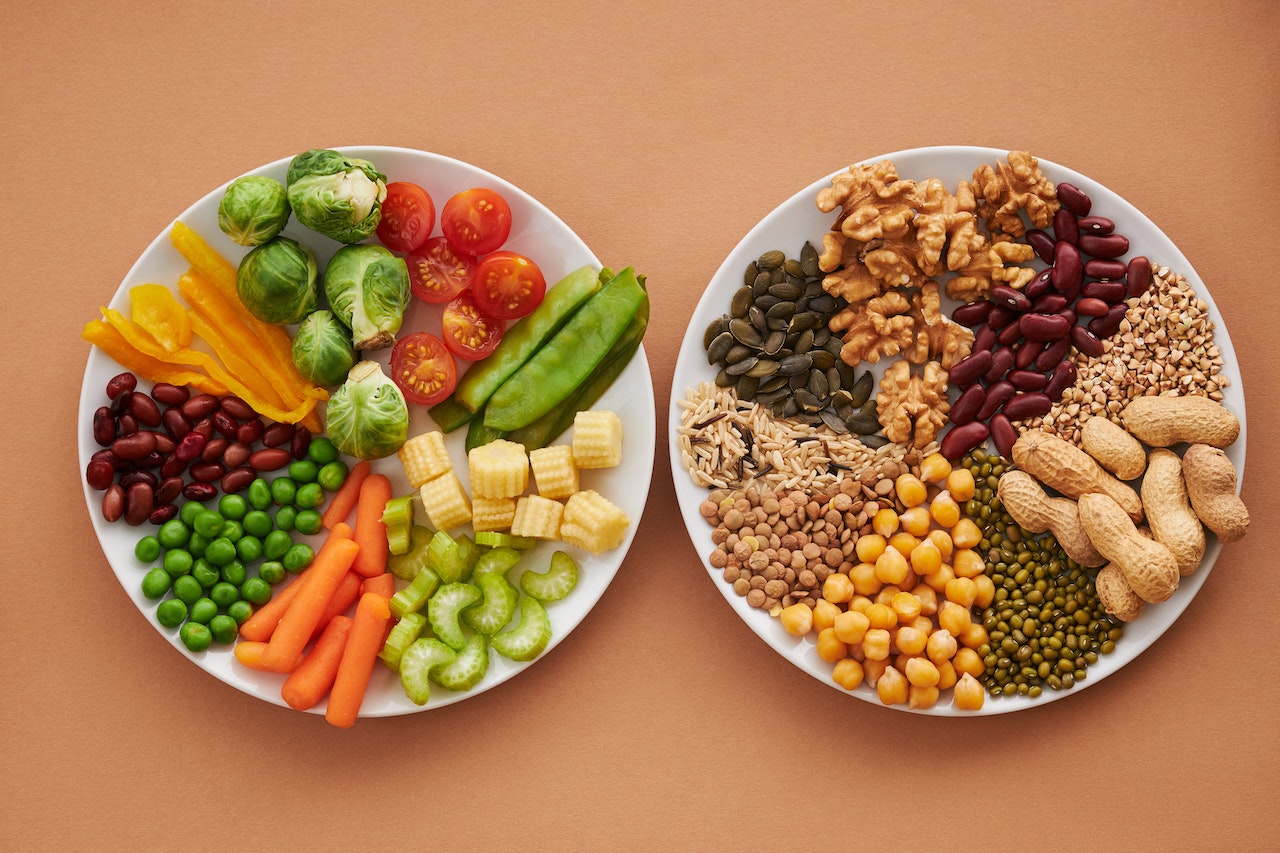The vegetarian diet is becoming increasingly popular as people seek healthier, environmentally friendly, and ethical eating choices. It involves abstaining from consuming meat, poultry, and fish, while still including a wide variety of plant-based foods in the diet. Following a well-planned vegetarian diet can provide all the necessary nutrients for a healthy and balanced lifestyle. In this detailed guide, we’ll explore the different types of vegetarian diets and provide essential tips for adopting and maintaining a nutritious and satisfying vegetarian lifestyle.
1. Understanding the Types of Vegetarian Diets:
There are several types of vegetarian diets, each with varying levels of food restrictions:
- Lacto-Ovo Vegetarian: This is the most common type of vegetarian diet, which includes plant-based foods, dairy products (lacto), and eggs (ovo).
- Lacto-Vegetarian: This diet excludes eggs but includes dairy products along with plant-based foods.
- Ovo-Vegetarian: In this diet, eggs are included, but dairy products are excluded.
- Vegan: Vegans avoid all animal-based foods, including meat, poultry, fish, dairy, eggs, and any products derived from animals, such as honey and gelatin.
2. Essential Nutrients for Vegetarians:
When following a vegetarian diet, it’s essential to ensure you’re getting all the necessary nutrients for optimal health:
- Protein: Plant-based protein sources include legumes, tofu, tempeh, seitan, quinoa, nuts, seeds, and whole grains.
- Iron: Vegetarian sources of iron include lentils, tofu, chickpeas, spinach, fortified cereals, and pumpkin seeds. Consuming vitamin C-rich foods alongside iron-rich foods can enhance iron absorption.
- Calcium: Dairy alternatives like fortified plant-based milk, calcium-set tofu, leafy greens, and almonds are excellent sources of calcium for vegetarians.
- Vitamin B12: Vitamin B12 is primarily found in animal products, so vegetarians should consider fortified foods like plant-based milk and breakfast cereals, or take a B12 supplement.
- Omega-3 Fatty Acids: Flaxseeds, chia seeds, walnuts, and hemp seeds are good sources of plant-based omega-3 fatty acids.
3. Balanced Meal Planning:
A well-planned vegetarian diet should include a variety of whole foods, such as fruits, vegetables, whole grains, legumes, nuts, and seeds. Aim to incorporate a rainbow of colorful produce to ensure a diverse intake of vitamins and minerals. Plan your meals to include a mix of protein, healthy fats, and complex carbohydrates for balanced nutrition.
4. Be Adventurous with Plant-Based Foods:
One of the joys of following a vegetarian diet is the opportunity to explore new and exciting plant-based foods. Experiment with different grains like quinoa, farro, and barley, or try unfamiliar vegetables and fruits. Incorporate a wide range of herbs and spices to add flavor to your dishes.
5. Read Food Labels:
When grocery shopping, it’s essential to read food labels to identify any hidden animal-derived ingredients. Some processed foods may contain non-vegetarian additives, so it’s crucial to be aware and make informed choices.
6. Dining Out as a Vegetarian:
Many restaurants offer vegetarian options, but it’s always a good idea to check the menu beforehand or call ahead to ensure there are suitable choices for your dietary preferences. Don’t hesitate to ask for modifications to accommodate your vegetarian needs.
7. Consider Protein Combinations:
While plant-based proteins are abundant, some may lack certain essential amino acids. By combining different protein sources, such as beans with rice or whole wheat bread with hummus, you can ensure you’re getting a complete protein profile.
8. Seek Support and Resources:
If you’re new to vegetarianism, joining online forums or local vegetarian groups can provide support, recipe ideas, and helpful tips from experienced vegetarians.
Conclusion:
Following a vegetarian diet can be a rewarding and healthful choice, provided you plan your meals carefully to ensure proper nutrition. By embracing a variety of plant-based foods and being mindful of essential nutrients, vegetarians can thrive and enjoy a delicious and compassionate way of eating. Always consult with a healthcare professional or registered dietitian if you have any specific health concerns or considerations before adopting a vegetarian lifestyle. With thoughtful planning and a sense of adventure, a well-balanced vegetarian diet can contribute to your overall well-being and positively impact the world around you.










